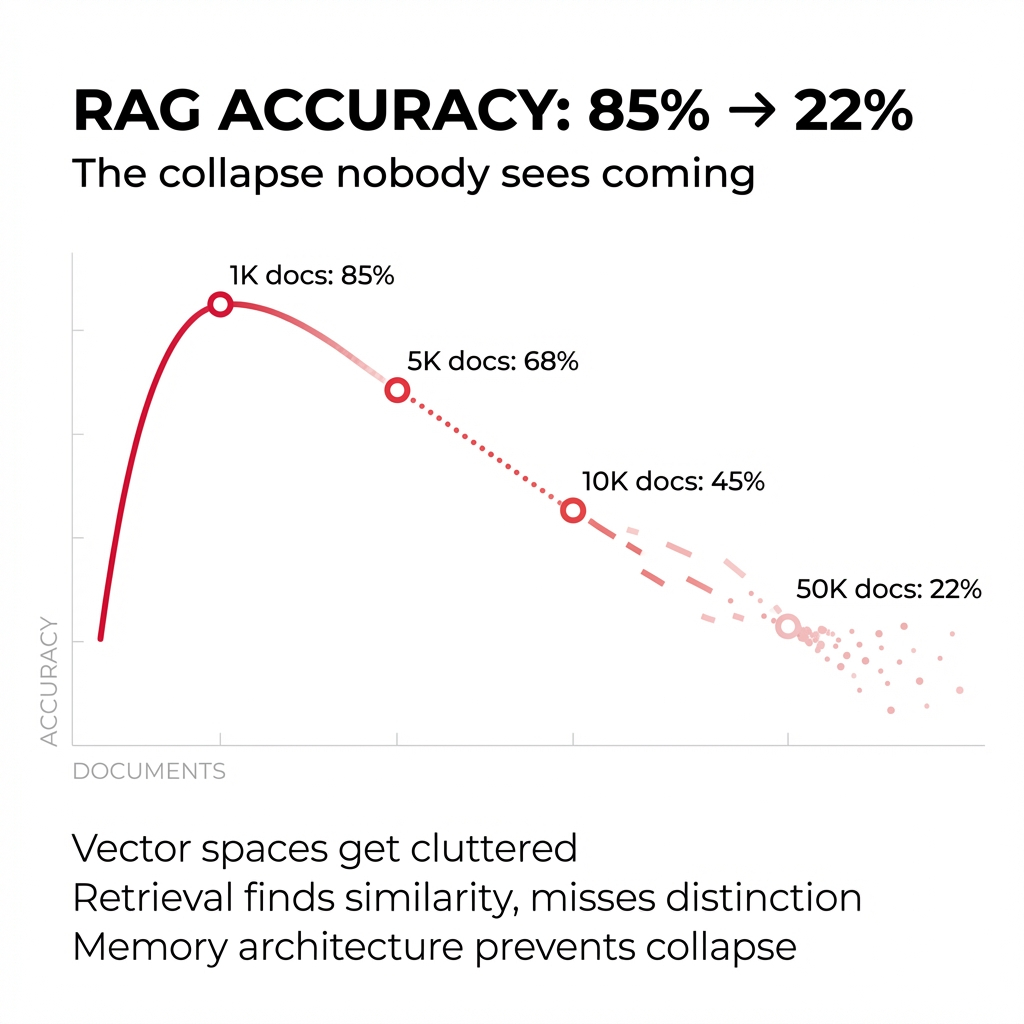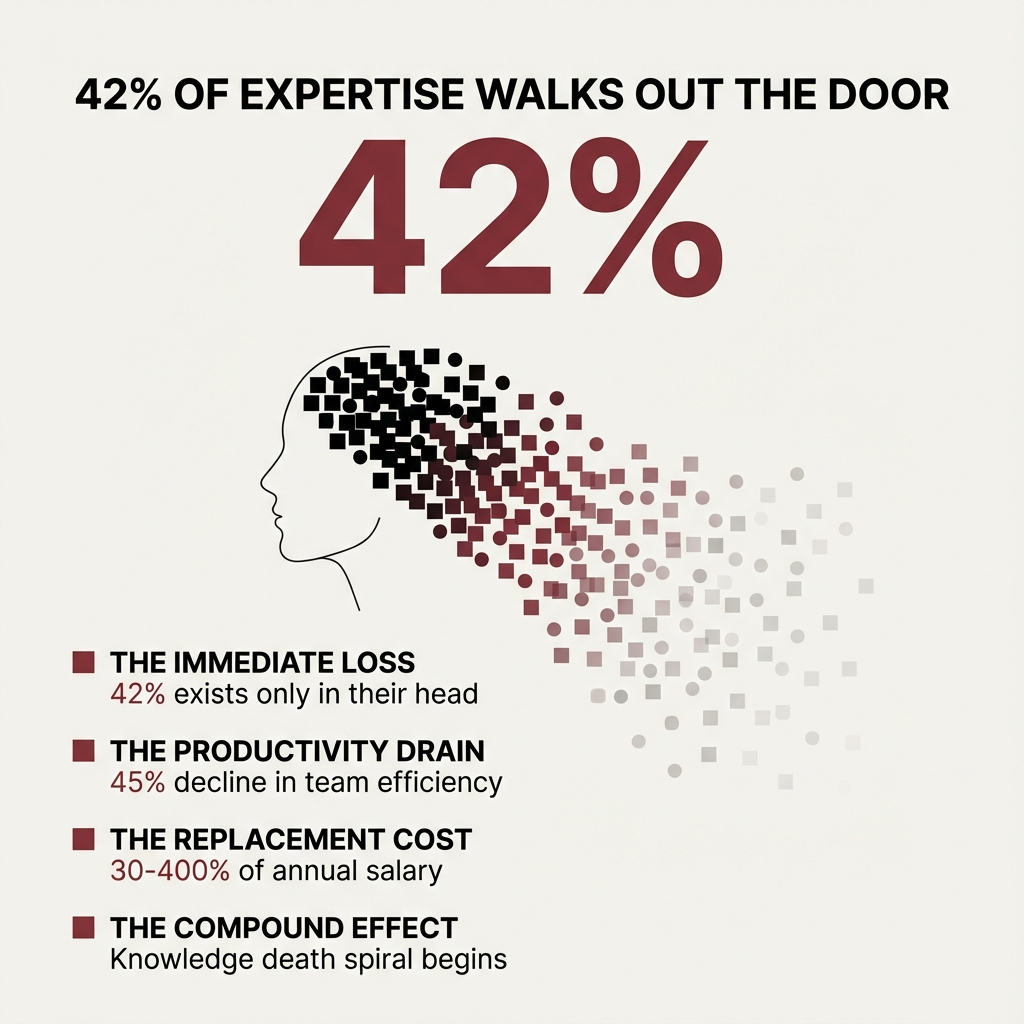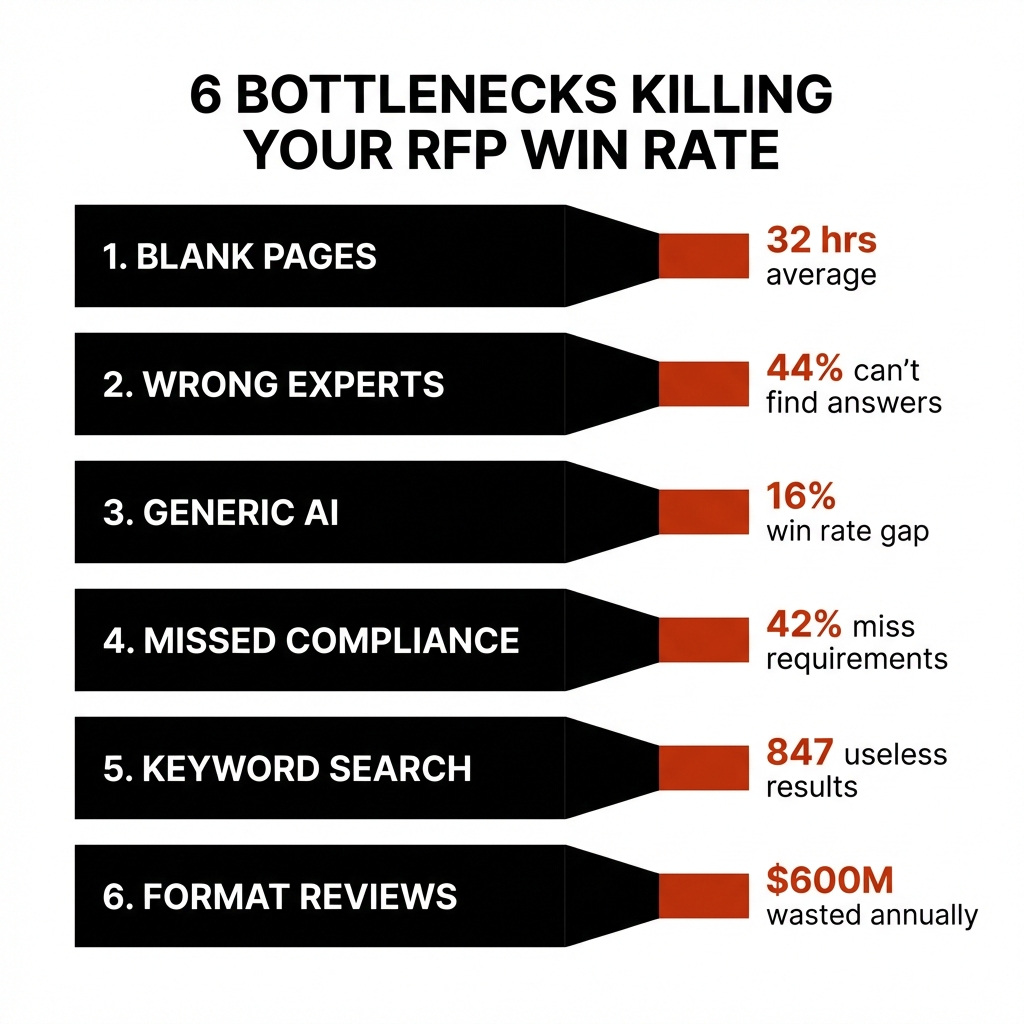DATE
CATEGORY
READING TIME
The Future Belongs to AI-Native Consulting Firms

What happens when consulting firms move beyond simply adopting AI tools and start embedding AI-driven thinking into every aspect of their business model?
This question has occupied my mind since founding Experio Labs. The answer reveals more than just a technological shift. It points to an entirely new paradigm for professional services.
Most consulting leaders recognize AI's importance for efficiency gains. But efficiency isn't the endgame.
The real transformation happens when AI fundamentally alters how your organization thinks, learns, and delivers value. When it becomes the neural system connecting your firm's collective intelligence.
Beyond AI Adoption
There's a profound difference between adopting AI and becoming AI-native.
AI adoption means implementing tools that automate tasks or enhance existing processes. It's incremental improvement within your current operating model.
Becoming AI-native means reimagining your entire business around the capabilities of artificial intelligence. Your organizational structure, knowledge flows, client engagement model, and value proposition all transform.
The distinction matters because firms that continue merely evaluating their AI strategy will begin falling noticeably behind starting in 2025. The competitive gap is widening faster than most realize.
AI-native consulting isn't about having the best tools. It's about creating an organization that thinks differently.
The Institutional Memory Revolution
Consider the most valuable asset of any consulting firm: its collective expertise and experience.
Traditional firms struggle to capture, access, and apply this institutional knowledge effectively. Insights from past projects remain siloed. Expertise walks out the door when consultants leave. Lessons learned fade into forgotten documents.
AI-native firms solve this fundamental challenge through what we call "institutional memory" – a living, learning system that captures, connects, and applies collective intelligence.
This isn't just better knowledge management. It's organizational consciousness.
When properly implemented, these systems transform how consultants work. Junior consultants access the firm's collective wisdom instantly. Senior experts focus on novel challenges rather than repeating solutions. Client deliverables incorporate insights from across the organization's history.
The productivity implications are staggering. The McKinsey Global Institute projects potential productivity gains through generative AI to rise between 35-70% in the coming years. But these gains only materialize when AI becomes integral to how work happens, not just an add-on tool.

The Five Pillars of AI-Native Transformation
Through our work at Experio Labs and my three decades in consulting and digital transformation, I've identified five critical dimensions for becoming truly AI-native:
1. Strategic Reimagination
AI-native firms don't just automate existing services. They create entirely new value propositions impossible without AI. This means rethinking what clients need and how you deliver it.
For example, instead of providing point-in-time strategic recommendations, imagine offering continuous strategic guidance that evolves as market conditions change. AI makes this possible by constantly analyzing new data and adjusting recommendations accordingly.
2. Knowledge Consciousness
Traditional knowledge management treats information as static. AI-native knowledge systems are dynamic and generative.
These systems don't just store information. They actively connect related concepts, identify patterns across projects, surface relevant insights for current challenges, and learn from every interaction.
Generative AI fosters collaboration within consulting firms by providing platforms for knowledge sharing and capturing collective expertise. Consultants collaborate more effectively, exchange insights, and build upon each other's ideas, leading to more innovative client solutions.
3. Human-AI Partnership
AI-native consulting isn't about replacing humans with algorithms. It's about creating powerful partnerships that amplify human capabilities.
In these partnerships, AI handles information processing, pattern recognition, and option generation. Humans provide judgment, creativity, emotional intelligence, and ethical guidance.
This partnership model requires rethinking roles, workflows, and team structures. The most successful firms will be those that design these partnerships intentionally rather than letting them evolve haphazardly.
4. Client Experience Reinvention
AI-native firms deliver fundamentally different client experiences. Engagements become more collaborative, transparent, and adaptive.
Imagine clients accessing real-time project dashboards showing progress, insights, and emerging recommendations. Or AI-enabled simulations that let clients explore different strategic scenarios interactively. Or continuous value delivery instead of milestone-based deliverables.
These experiences create stronger client relationships and higher perceived value than traditional consulting models.
5. Cultural Evolution
Perhaps most challenging is the cultural shift required to become AI-native. This includes:
- Developing comfort with AI-augmented decision-making
- Embracing continuous learning and adaptation
- Valuing contribution to institutional knowledge
- Prioritizing collaboration between humans and AI systems
- Maintaining ethical vigilance around AI applications
- Culture can't be transformed overnight, but it can be shaped through leadership example, incentive structures, and deliberate practice.
The Competitive Advantage Gap
The benefits of becoming AI-native are already becoming apparent. AI-mature companies are generating 72% of their AI value in core functions like operations, marketing, and sales.
For consulting firms specifically, the advantages include:
These advantages compound over time. Early movers will build institutional knowledge, refine their AI systems, and develop client relationships that laggards will struggle to match.
Predictions for 2030
Looking ahead to 2030, I see several transformative shifts for AI-native consulting firms:
1. The Death of the Deliverable
Traditional consulting deliverables like PowerPoint decks and PDF reports will largely disappear. They'll be replaced by living digital environments where insights evolve continuously and clients interact directly with the firm's institutional intelligence.
2. Continuous Engagement Models
The project-based engagement model will give way to continuous advisory relationships powered by AI. Firms will maintain persistent connections to client data environments, providing ongoing insights and recommendations.
3. Hybrid Expertise Networks
The boundary between internal and external expertise will blur. AI-native firms will create networks connecting their consultants, client teams, academic experts, and specialized partners. AI will coordinate these networks, routing questions to the right experts and synthesizing diverse perspectives.
4. Institutional Consciousness
The most advanced firms will develop true institutional consciousness – AI systems that not only store knowledge but actively identify gaps, generate new insights, and evolve the firm's collective thinking.
5. Ethical AI Governance
As AI becomes more central to consulting, ethical governance will become a critical differentiator. Firms with robust approaches to bias mitigation, transparency, and responsible AI use will earn greater client trust.
Starting Your AI-Native Journey
The path to becoming AI-native varies for each firm, but these starting points apply broadly:
✔️Assess your knowledge flows. Map how expertise moves through your organization. Where does knowledge get created, shared, lost, or underutilized?
✔️Identify high-value use cases. Look for areas where AI could transform client value, not just improve internal efficiency.
✔️Build your data foundation. AI-native firms need clean, accessible data. Start organizing your internal knowledge and client insights.
✔️Develop AI literacy. Ensure leaders and consultants understand AI capabilities, limitations, and ethical considerations.
✔️Create space for experimentation. Allocate resources for teams to explore AI applications without immediate ROI pressure.
The journey requires patience and persistence. Transforming into an AI-native firm takes years, not months. But the alternative – remaining a traditional firm in an AI-native world – isn't viable long-term.
The Future Is Conscious
At Experio Labs, we believe the future belongs to consulting firms that become truly conscious organizations – entities that learn continuously, remember effectively, and evolve deliberately.
These firms will unlock unprecedented value from their collective intelligence. They'll help clients navigate complexity with wisdom drawn from thousands of experiences. They'll enable consultants to do their most meaningful, creative work.
The transformation won't be easy. It requires rethinking fundamental assumptions about how consulting works. But for firms willing to make the journey, the rewards will be extraordinary.
The question isn't whether consulting will become AI-native. It's which firms will lead the way and which will be left behind.
Where will your firm stand in this new world?







